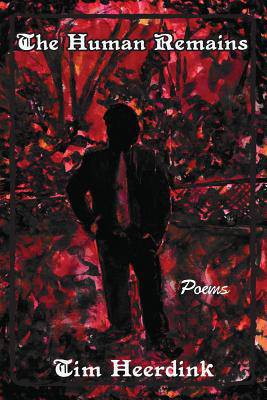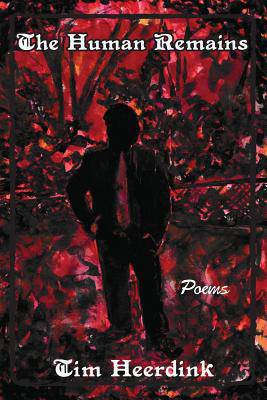
- Retrait gratuit dans votre magasin Club
- 7.000.000 titres dans notre catalogue
- Payer en toute sécurité
- Toujours un magasin près de chez vous
- Retrait gratuit dans votre magasin Club
- 7.000.000 titres dans notre catalogue
- Payer en toute sécurité
- Toujours un magasin près de chez vous
Description
In The Human Remains, poet Tim Heerdink puts his own twist on the perennial admonition, Memento Mori remember death. Just as the philosopher Socrates exhorted: the unexamined life is not worth living, Heerdink reminds us that bone and flesh will turn to dust soon enough. In the depths of horror, Heerdink conjures the ghosts of the Holocaust in "Outside the Walls of Concentration" witness the slaughter of a people reduced to numbers, but then leads the reader to levity in "Confessions Heard by Eavesdropping" while flirting with presumption of grace against the temptation of infidelity and, perhaps, even death itself.
The poet tenaciously clings to life and the hereafter, despite the undertow of death and its cold, hard grasp, breathing out to both the quick and the dead, the dying and the undead. His poetry reveals the dichotomy of human life, that while there is still time to wake, there is no escape; all that remains is a grave. Ever reminding the suicidal and the terminally ill of the brevity of life, nevertheless, Heerdink affirms that it hurts to be a man who often contemplates / the end; or hears the voice of the dead inside an echo. Though the poet tells the reader, I'm alive, we know that death comes for all the living - late or soon - invited or otherwise. Yet, behold, the human remains; yes, the human remains. -- The Publisher
Spécifications
Parties prenantes
- Auteur(s) :
- Editeur:
Contenu
- Nombre de pages :
- 122
- Langue:
- Anglais
Caractéristiques
- EAN:
- 9781937668716
- Date de parution :
- 07-07-19
- Format:
- Livre broché
- Format numérique:
- Trade paperback (VS)
- Dimensions :
- 152 mm x 229 mm
- Poids :
- 190 g







